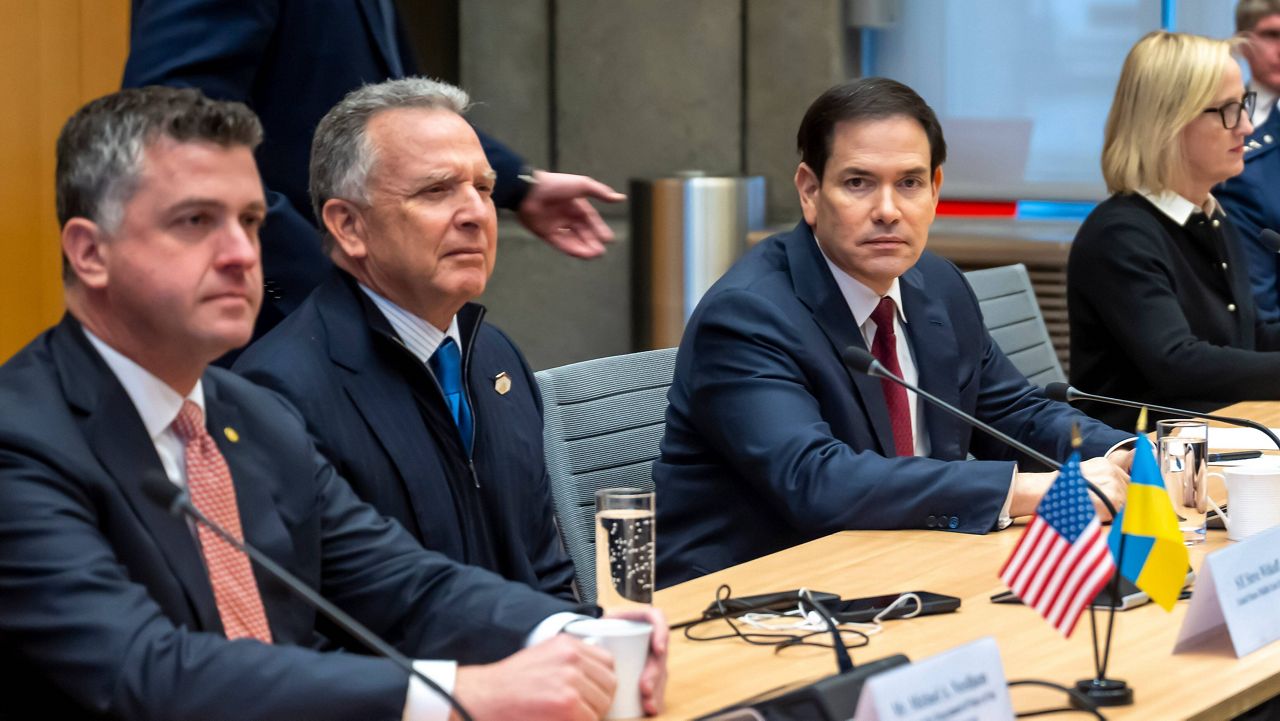Charlie Kirk’s assassination has prompted many to speak out on social media, including an assistant dean of MTSU.
Administrators fired Laura Sosh-Lightsy after she posted what the school called “inappropriate and callous comments” about the conservative activist’s death.
Her post faced backlash and even caught the attention of United States Senator Marsha Blackburn, who called for the dean’s removal in a repost on X.
A day later, the university’s president took action and fired Sosh-Lightsy, saying her comments were “inconsistent with our values and have undermined the university’s credibility and reputation with our students.”
The school’s decision has received mixed reactions, but it raises a bigger question: can your employer fire you for social media posts?
Kimberly Lyon, the associate professor of journalism at Lee University, says yes:
“Can you lose your job because of something you post on social media? You can.”
Each case is different, and has multiple factors to consider: one, being the First Amendment.
“You are free in America to say things you want to say, whether they’re offensive or not, and that is part of the freedom,” Scott Maucere with Maucere Law Group, says.
But, Maucere says that’s not to say it doesn’t have consequences.
“You may have the constitutional right, because it’s protected speech, but that doesn’t mean you have the right to stay employed if you say those things,” he says.
Lyon says most employers have policies that employees are expected to follow and can face repercussion if they don’t. That’s one of the responsibilities that comes with Sosh-Lightsy’s now-former title.
“As faculty at a university, we are in a position of trust and leadership for our students,” Lyon says. “We are considered representatives of our employer. Whether we want to be or not, whether we want to clock out at the end of the day, in our communities, that’s what we’re considered.”
Lyon says, in this case, where Sosh-Lightsy held an administrative position, that risk can be even greater.
“I am not just a professor of students who believe what I believe. I am the professor of students who have different ideals,” Lyon says. “They may have different worldviews, even though they’re here, and somebody here, certainly in a higher leadership position, than I is in that position over all kinds of students, especially at a state university.”
Sosh-Lightsy could challenge the decision, but given the sensitive nature of Kirk’s death, her position of authority and MTSU’s policies, Lyon says it would be difficult.
“The internet is forever. You might put something up there and take it down, but the minute somebody sees it, and they have a screenshot of it, and they can pass it around, it’s out there,” Lyon says. “It impacts your employment. It could impact your prospects for the future.”







